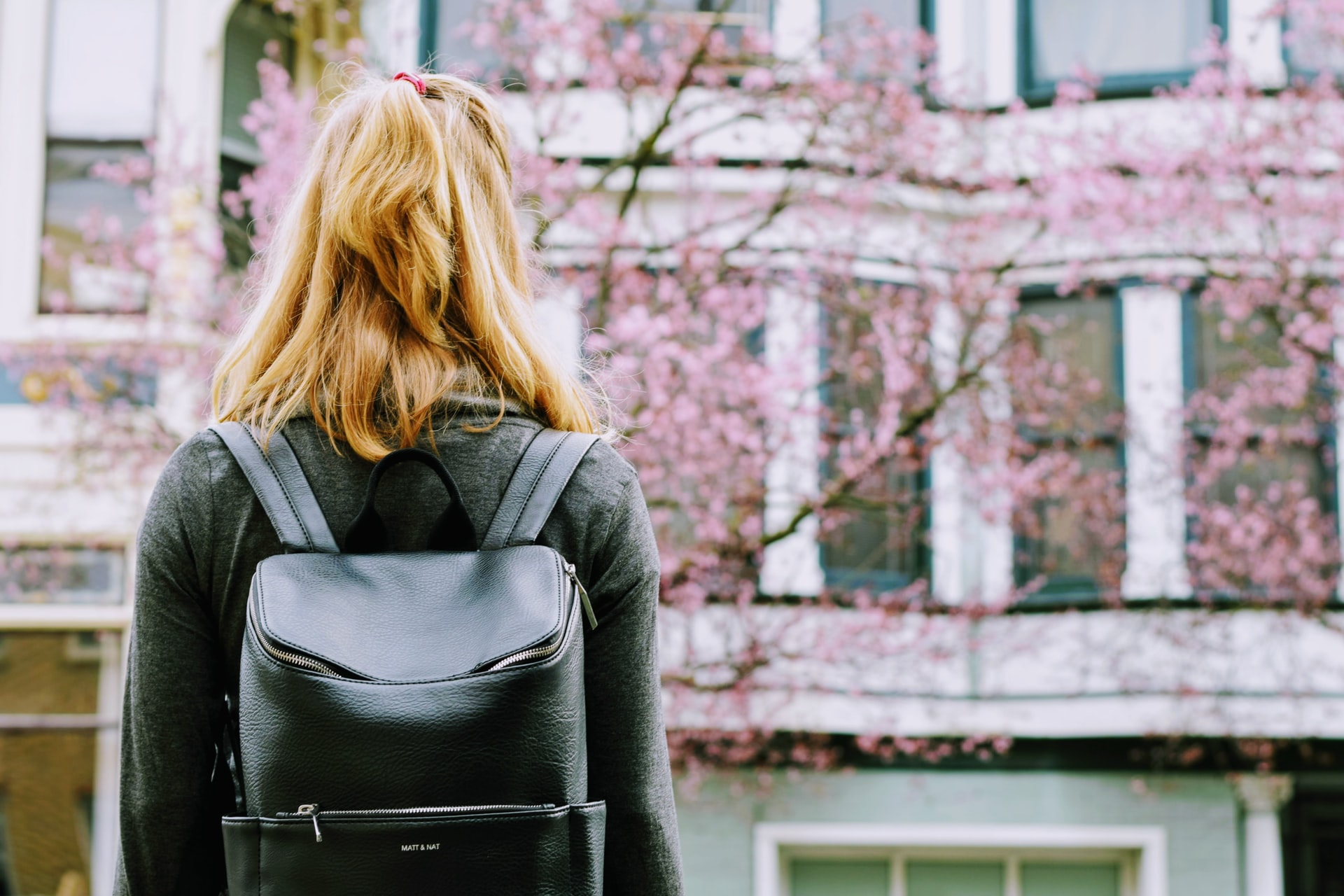 Activities for Kids
Activities for Kids
The Escape Game: At-Home Virtual Escape Room
TEG Unlocked is an at-home adventure packed with evidence, puzzles, and an online dashboard designed to create a digital version of an escape room style experience. It will require deductive reasoning, critical thinking, a dash of teamwork, and a bit of wit!
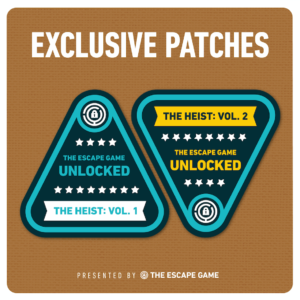
HOW DO GIRL SCOUTS PLAY THE ESCAPE GAME (TEG) UNLOCKED?
- Recommended for 2 – 4 Girl Scouts with an Adult Moderator.
- It is recommended that each Girl Scout and the Adult Moderator (must have a current GSUSA membership) have a laptop or desktop computer with internet access.
- All virtual program guidelines set forth by GSUSA and Girl Scouts of Citrus must be followed, including never to record activity, take pictures of the screen, use last names and girls must complete the GSUSA Internet Safety Pledge and turn it into the designated adult.
- Each person must register through The Escape Game’s online store via a Girl Scout specific URL and then they will be emailed an individual password to log in.
- Due to the challenging nature of the activities, TEG Unlocked is recommended for Cadettes and up.
- Average play time per volume is 60-90 minutes; however, it is not timed and there are built in hints.
- Other technology devices and a pen and paper may be needed.
See more info and get started: click here to go to The Escape Game
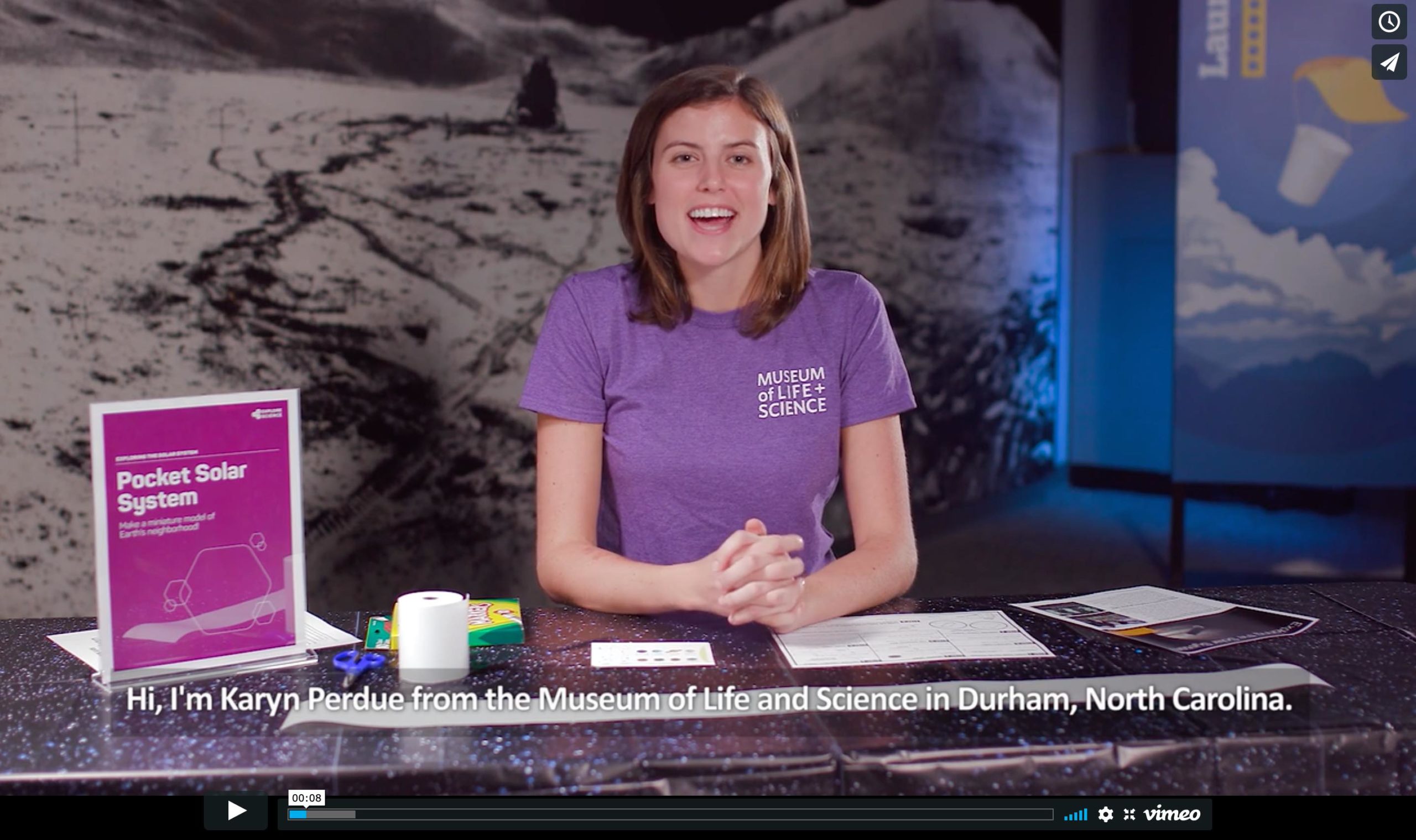

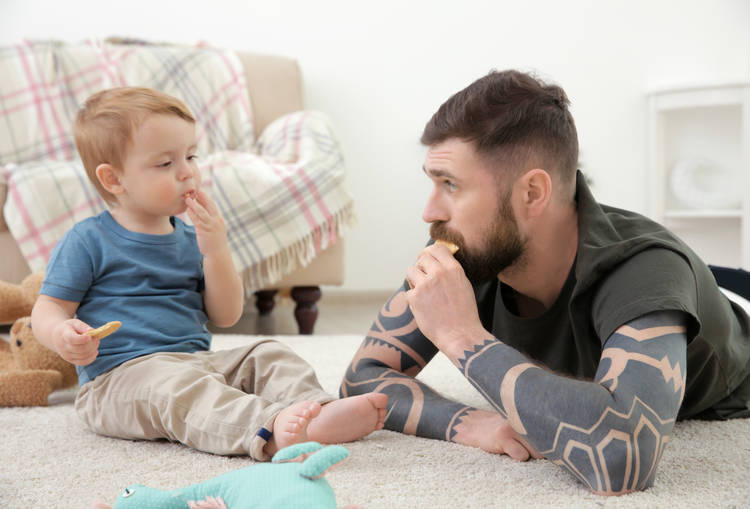
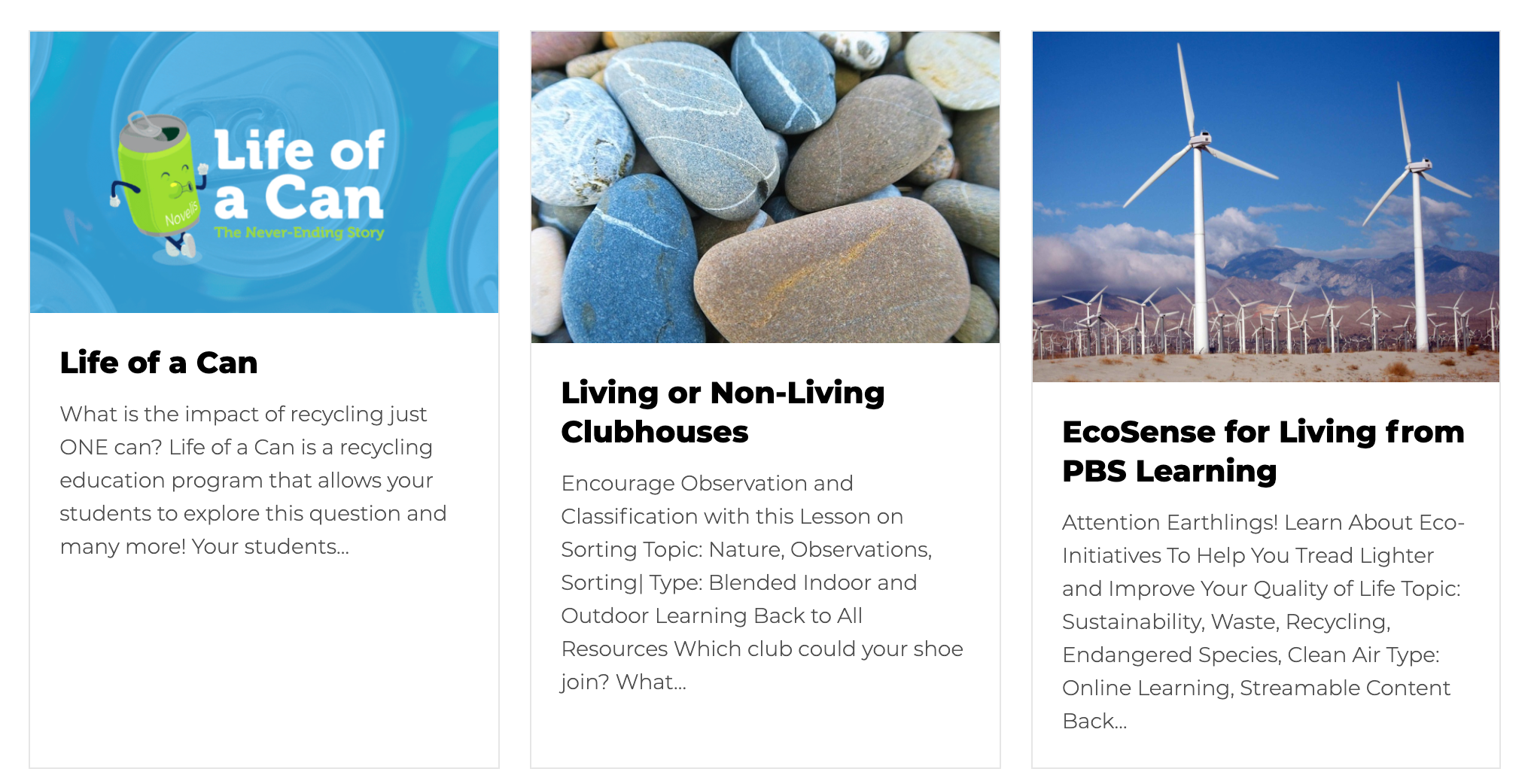
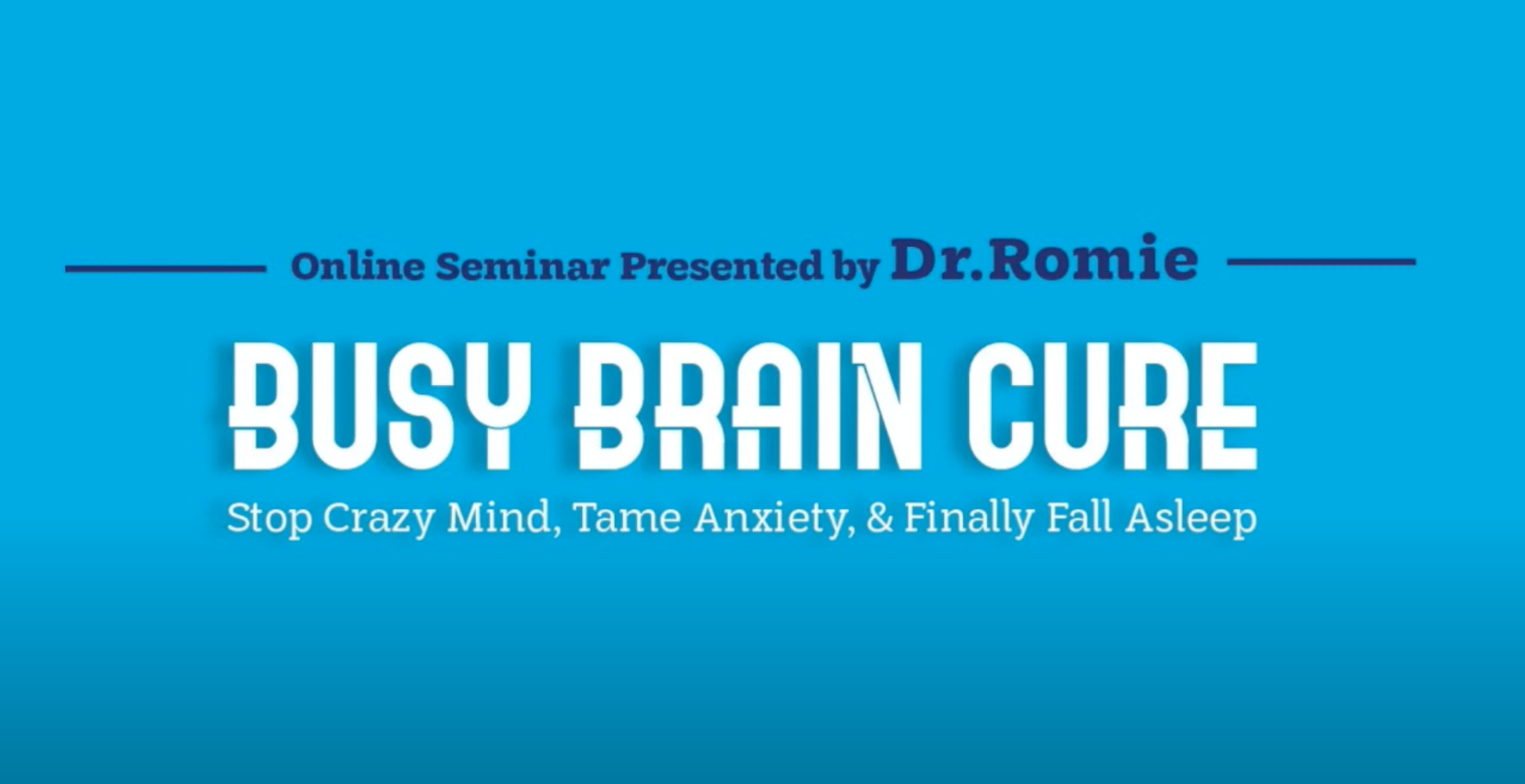
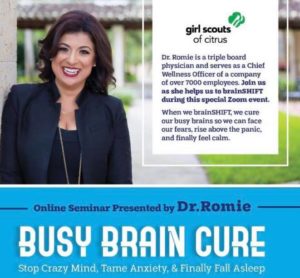 Busy Brain Cure: Stop Crazy Mind, Tame Anxiety & Finally Fall Asleep:
Busy Brain Cure: Stop Crazy Mind, Tame Anxiety & Finally Fall Asleep:
